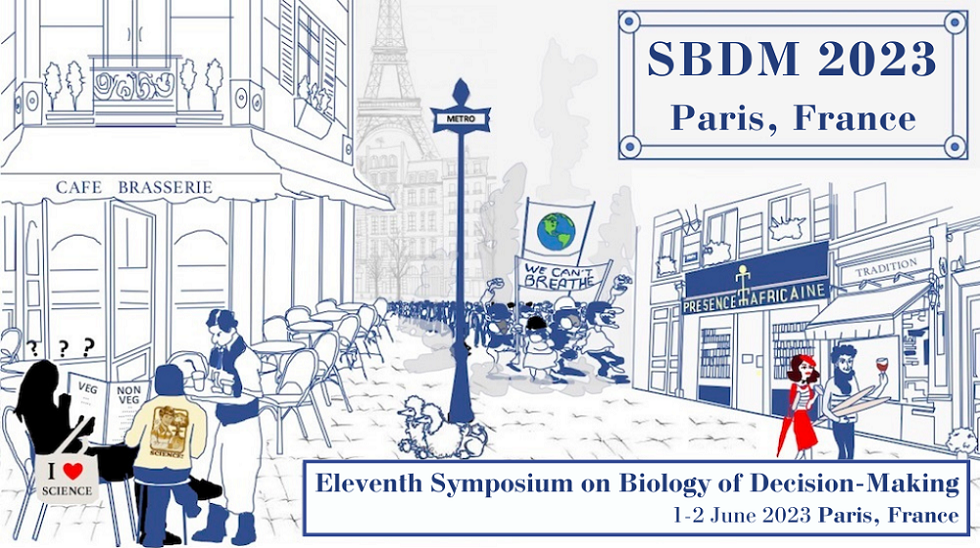
|
|
|
Talk abstracts > Paolo Ossola (University of Parma)
Paolo Ossola - University of Parma
Friday, June 2nd Talk Session 4: Alteration of decisions in psychiatry 15h30 - 16h Valence biases in affective disorders Differences in the strength with which individuals learn from positive and negative information have been suggested to underlie a range of symptoms (such as pessimism, apathy, anergia and anhedonia) that are prevalent in different affective disorders. I will present recent research I have conducted that examines how valence (whether information is positive or negative) impacts learning and relates to different psychopathologies. Using a belief updating task, I will first show that a bias towards negative information when learning about the likelihood of future life-events, characterises patients with unipolar depression. I will then show that a bias towards positive information exists in euthymic bipolar patients, and that this bias predicts these patients’ relapse over a subsequent 5-year period. These findings suggests that asymmetric learning could provide protection against the onset of clinical symptoms. Using a classic foraging task (the prey-selection task) I will then show that patients with unipolar depression also exhibit a tendency to over-exploit. This pattern of choices is consistent with a pessimistic estimate of the environments reward-rate, a mechanism by which specific transdiagnostic symptoms (such as anergia, and apathy) might arise. Finally, I will show how sensitivity to negative feedback in the WCST (a classic test of set-shifting) decreases with anhedonia severity in a sample of patients a diagnosis of schizophrenia, depression, and opiate use disorder. I will suggest that the dampening of responses to negative feedback could arise from pessimistic expectations and provides a plausible account of the persistence of actions associated with negative consequences.
|

